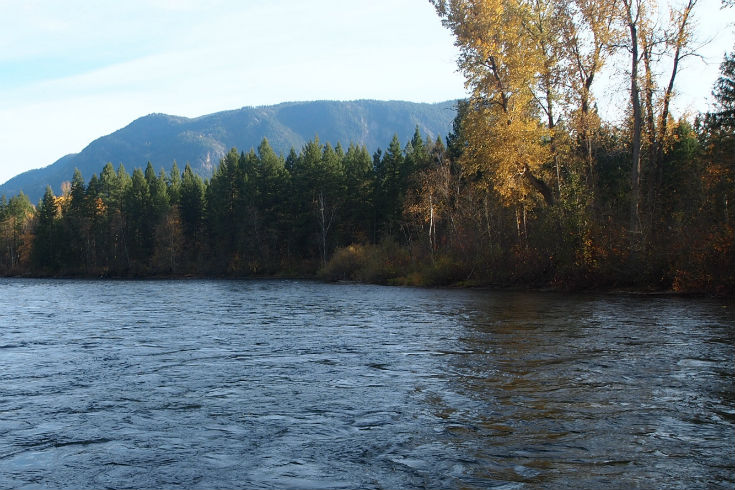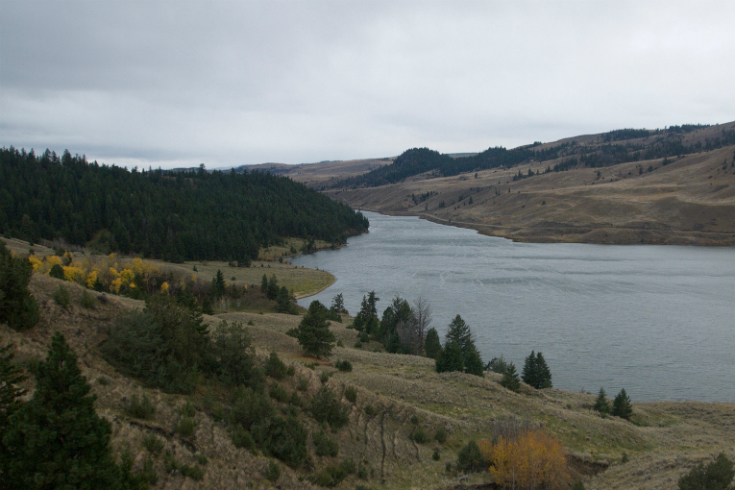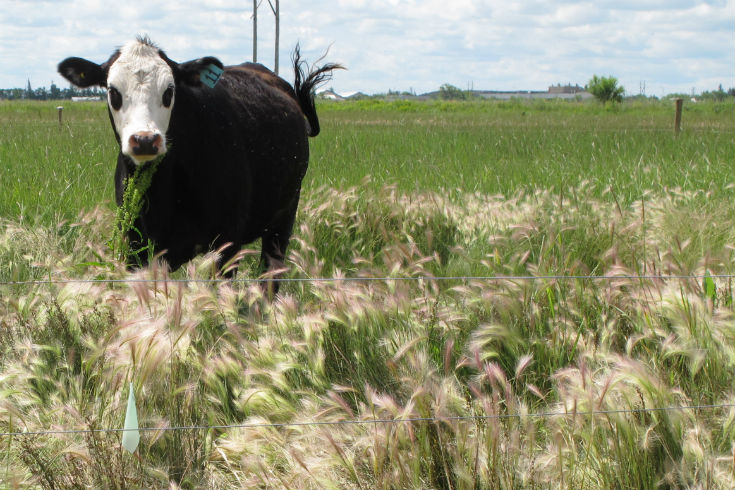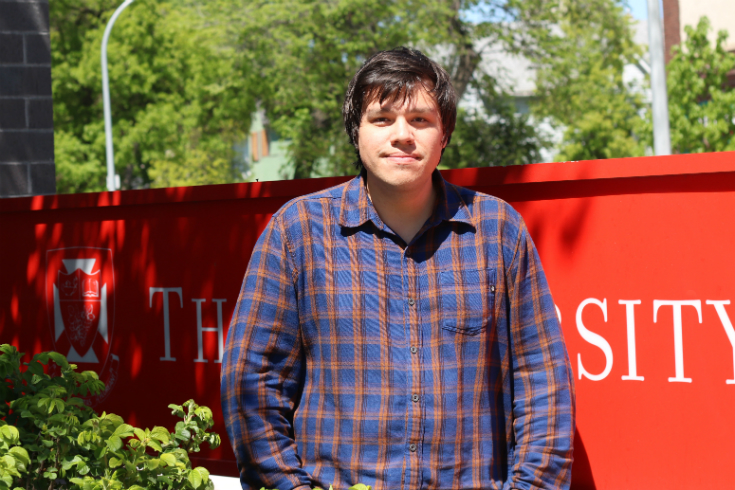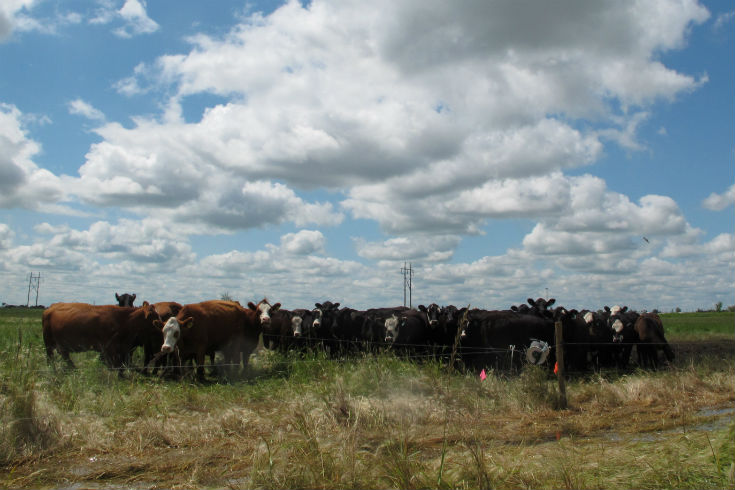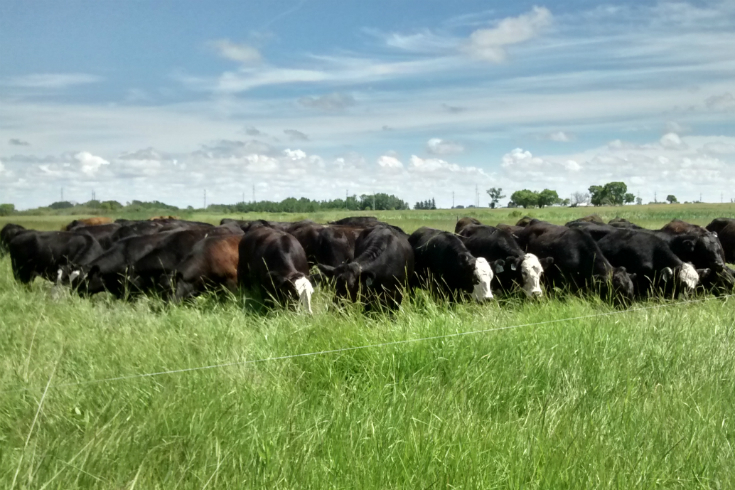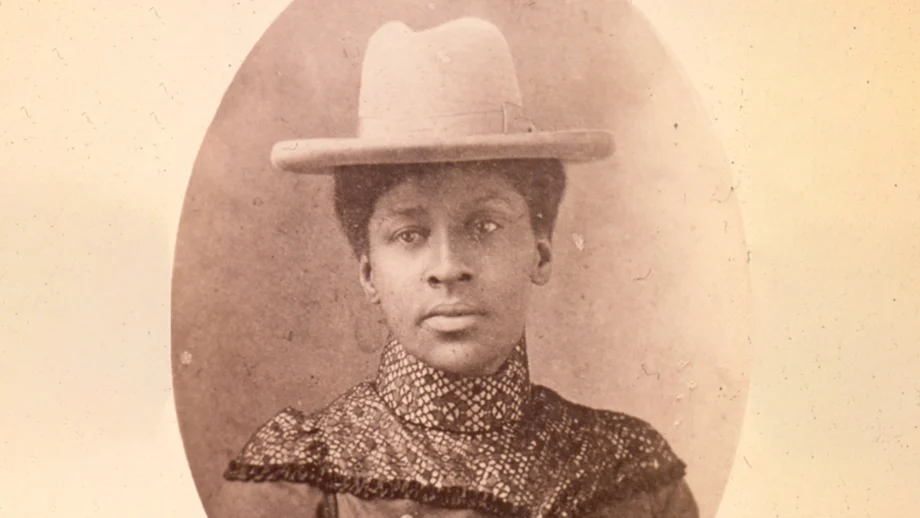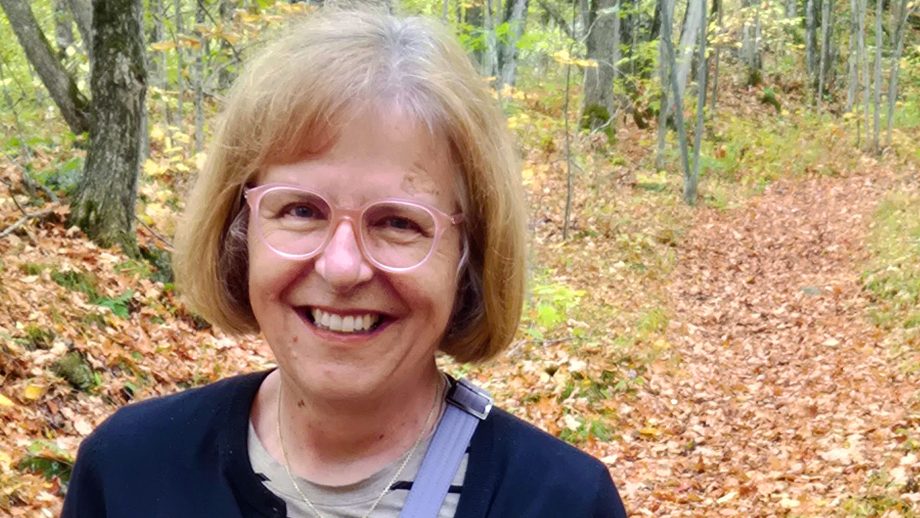Growing up on a small ranch at the end of the Seton Lake Band in Shalalth, British Columbia, Kaleb Ledoux developed a natural affinity for the land and a passion for many areas within biology. While completing his bachelor of science at Thompson Rivers University in Kamloops, he fostered a particular interest in botany and ecology. Ledoux has come from British Columbia as a research assistant to help UWinnipeg’s Dr. Rafael Otfinowski (biology) study the effects of cattle grazing on the proliferation of foxtail barley in wet meadow rangeland communities.

Kaleb Ledoux, ©UWinnipeg
Intrigued by the work that Dr. Otfinowski was doing at UWinnipeg, Ledoux realized that Manitoba would provide a great opportunity for him to study different ecosystem. Ledoux is now working in a prairie landscape that is much different to the mountains and valleys of his native British Columbia.
Working with Manitoba ranchers, this research project is trying to find the optimal balance between cattle grazing and the spread of weedy grass including foxtail barley in Manitoba’s wet rangelands. Foxtail barley consumed by cattle can pose a serious health risk to cattle that can even cause death.
“We are collecting data to help manage this noxious plant in wet meadows,” said Ledoux. “By trying different intensities of grazing we want to find the correct balance to help maintain healthy wet meadow ecosystems in Manitoba and to reduce health risks to livestock caused by the the spread of Foxtail.”

Rafael Otfinowski, ©UWinnipeg
Otfinowski recognizes Ledoux’s new perspective on the project, “By adjusting his eyes to a different environment Kaleb helps us pick out new details and better understand our research questions,” said Otfinowski. “In addition, Kaleb’s experience on a horse ranch helps us bridge science and the application of our findings.”
This collaboration project builds UWinnipeg’s research network, comparing varying ecosystems that stretch from the prairies to interior British Columbia. Ledoux’s presentation of his early research findings was well received at the recent conference of the B.C. Invasive Species Council in Kamloops.

